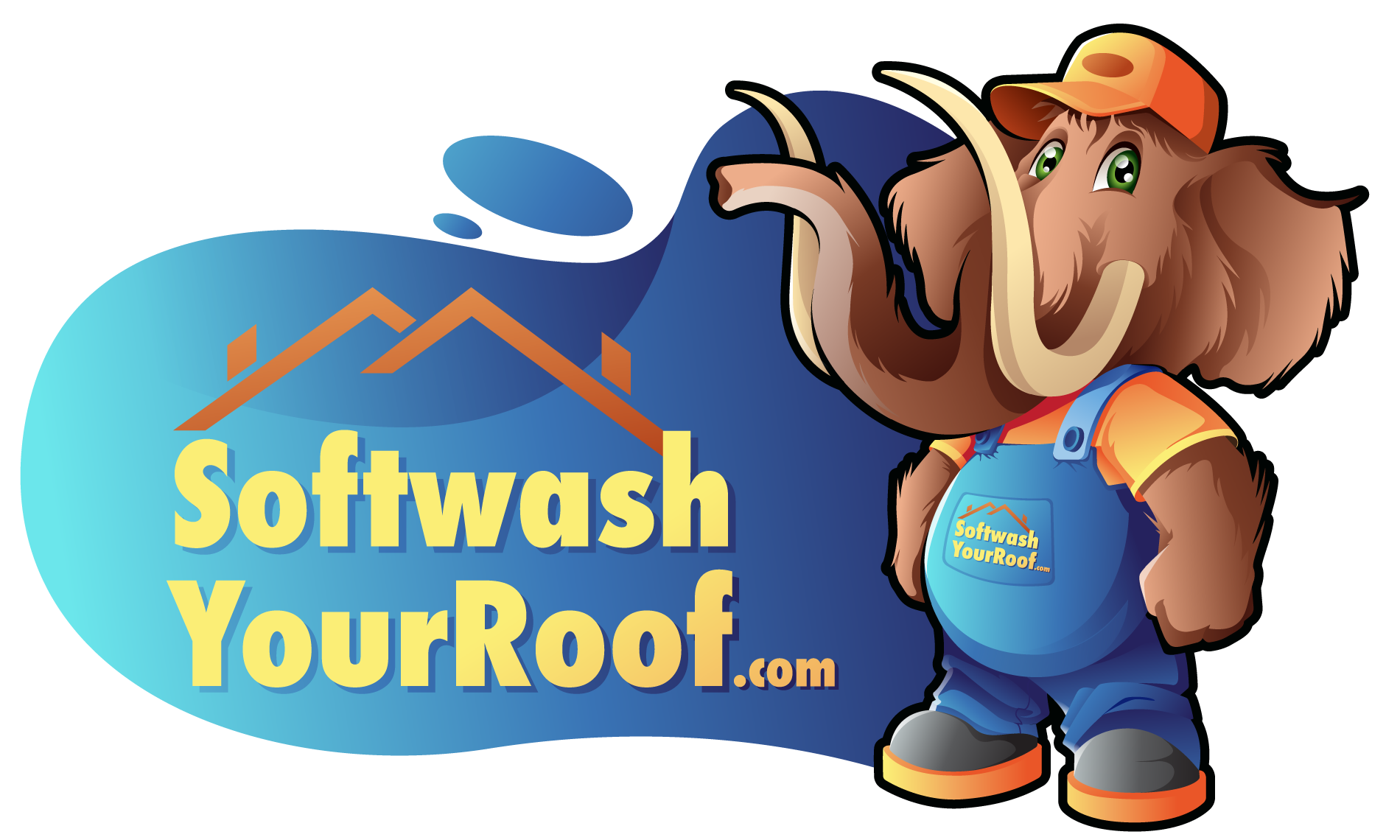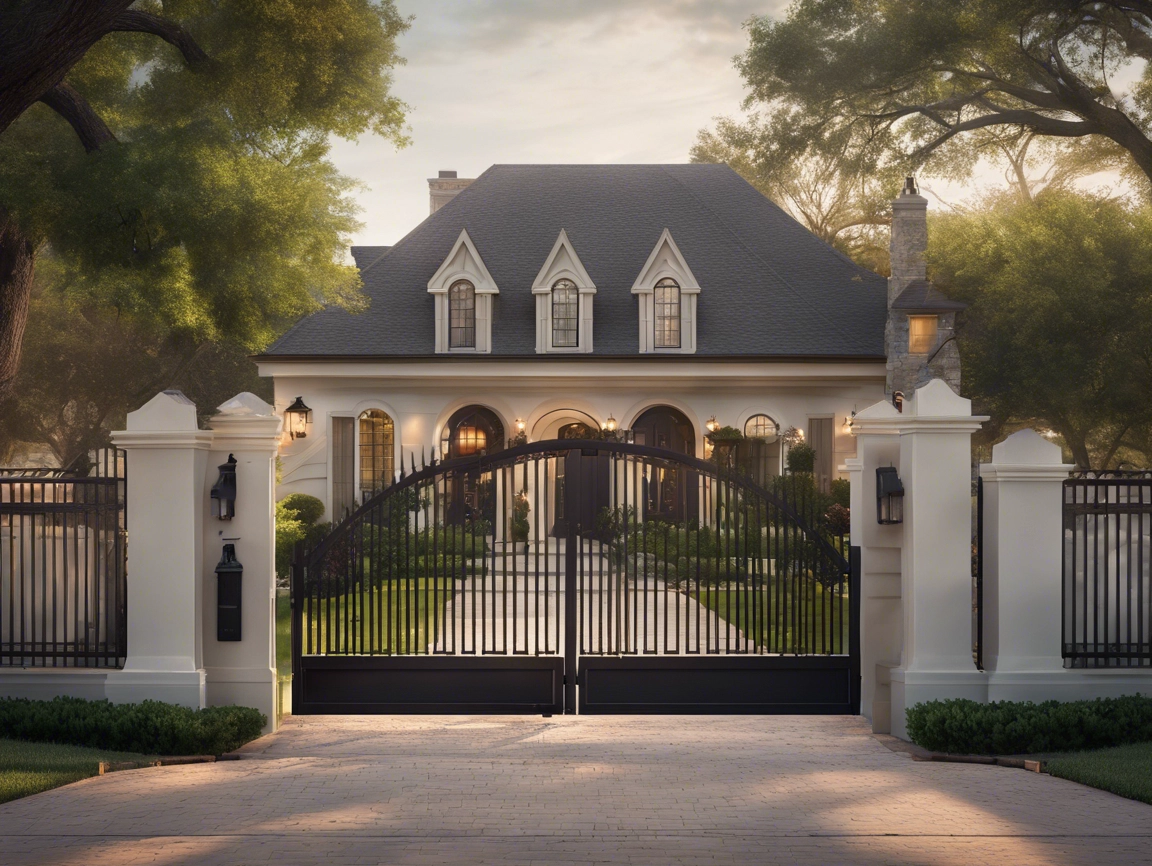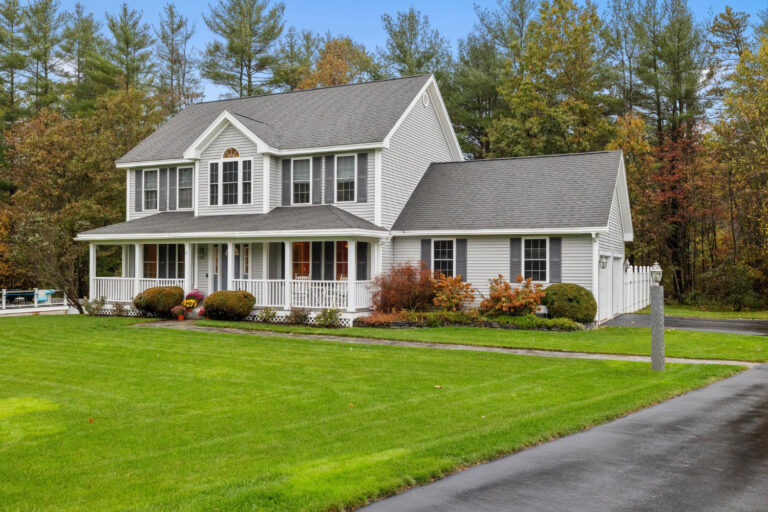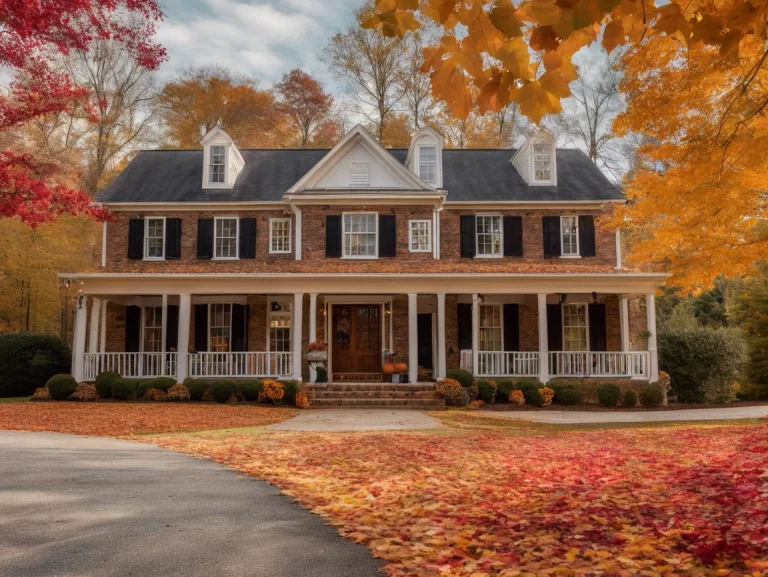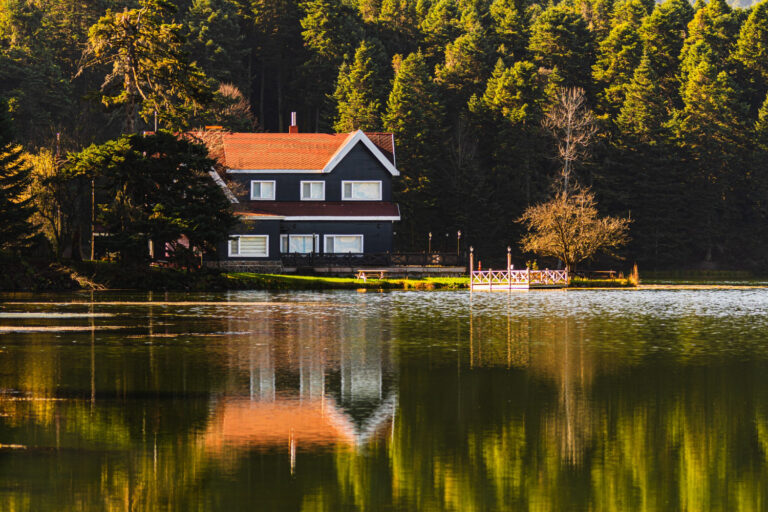Best How To Guide for Driveway Cleaning: Pressure Washing vs Softwashing
Pressure Washing vs Soft Washing Driveway: Which Method is Best?

Image Source: AI-Generated
When it comes to keeping our driveways clean, we've all faced the dilemma of choosing the correct method. I've been there, staring at my grimy driveway, wondering whether to use pressure washing or soft washing techniques. It's a common problem for homeowners who want to maintain their property's curb appeal without causing damage. Surface cleaning is essential, but the approach we take can have a significant impact on the longevity and appearance of our concrete. Our best how to guide for driveway cleaning: Pressure Washing vs Softwashing
In this article, we'll dive into driveway-cleaning techniques. We'll explore the differences between power washing and soft washing, discussing the pros and cons of each method. I'll share insights on chemical cleaning, algae removal, and the various cleaning equipment involved. By the end, you'll clearly understand which approach might be best for your specific situation, whether dealing with tough stains or gentle maintenance. Let's start on this journey to discover the most effective way to keep our driveways looking their best.
Understanding Pressure Washing
I've been using pressure washing for years, and let me tell you, it's a game-changer when it comes to cleaning driveways. Let's dive into what pressure washing is all about and why it's such a popular choice for surface cleaning.
What is Pressure Washing?
Pressure washing is like giving your driveway a super-powered shower. It uses a machine that shoots water at high pressure to blast away dirt, grime, and stains. I remember the first time I used a pressure washer – I was amazed at how quickly it stripped away years of built-up gunk from my concrete.
The key to pressure washing is the force of the water. These machines use either an electric or gas-powered engine to pressurize ordinary water. This isn't your garden hose we're talking about – pressure washers can deliver water at forces up to 3000 PSI (pounds per square inch) or more. That's some serious cleaning power!
How Pressure Washing Works
So, how does this cleaning magic happen? Well, it's all about the pressure and the equipment. The system's heart is the water pump, fed by a regular garden hose. This pump cranks the pressure, forcing the water out at high speeds through a unique wand.
I learned the hard way that different nozzles can make a big difference. These nozzles change the water's spray pattern from a narrow, powerful stream to a broader, gentler flow. I once used the wrong nozzle and almost etched a line into my driveway – oops! Now, I know how to use the proper nozzle for the job.
The cleaning power of a pressure washer comes from combining water pressure (PSI) with water flow (GPM or gallons per minute). To get the best results, you want a good balance of both. For tough driveway stains, I've found that a pressure washer with at least 3000 PSI and 2.3 GPM does the trick nicely.
Benefits of Pressure Washing
Now, let's discuss why pressure washing your driveway is such a great idea. First, it's fast and efficient. I used to spend hours scrubbing my driveway by hand, but I can clean the whole thing with a pressure washer in about an hour and a half, relieving me from the stress of long cleaning hours.
One of the most significant benefits I've noticed is that it prevents mold growth, mildew, and other nasty stuff. These can not only make your driveway look awful but can also create safety hazards. Pressure washing blasts all that away, keeping your driveway clean and safe.
It's also great for removing stubborn stains. Pressure washing can handle oil, mud, dirt—you name it. I once had a nasty oil stain on my old car, and pressure washing made it disappear like magic.
Another big plus is that it can extend the life of your driveway. Regularly cleaning away dirt and grime prevents damage that can lead to cracks and deterioration over time. It's like giving your driveway a health check-up!
Lastly, let's remember curb appeal. A clean driveway makes your whole property look better. I've had neighbors ask me if I got a new driveway after I pressure-washed it—that's how much of a difference it can make, inspiring me to keep my property in top shape.
To wrap up, pressure washing is a powerful, efficient way to clean your driveway. It's fast, effective, and can help maintain your property's value. Remember to use the right equipment and techniques to get the best results without damaging your surfaces. Trust me, once you try it, you'll wonder how you ever lived without it!
Exploring Soft Washing
I've been playing the cleaning game for a while now, and let me tell you, soft washing has been a game-changer for me. It's a gentler approach to cleaning that's been gaining popularity, and for good reason. Let's dive into what softwashing is all about and why it might be the best choice for your driveway.
What is Soft Washing?
Soft washing is like giving your driveway a spa treatment instead of a power shower. It's a cleaning technique that uses low-pressure water combined with specialized cleaning solutions to remove dirt, grime, and pesky organic growths like algae and mold. I remember the first time I tried soft washing—I was amazed at how it could clean so effectively without the intense pressure of traditional methods, making me feel secure about not damaging my property.
The key to soft washing is the cleaning solution. It typically contains a mix of water, sodium hypochlorite (bleach, to you and me), and a surfactant. This combo is like a kryptonite for dirt and grime. The bleach kills mold and algae, while the surfactant helps the solution stick to surfaces and penetrate deep into the grime.
How Soft Washing Works
So, how does this gentle giant of cleaning work? Well, it's all about the chemistry and a little patience. Here's the process I follow:
- First, I prepare the area, covering any plants or delicate surfaces nearby.
- Then, I mix up the cleaning solution. My recipe usually consists of 3 parts sodium hypochlorite, 6 parts water, and 1 part surfactant.
- Next, I apply the solution using a low-pressure sprayer. This is where the magic happens – the solution starts breaking down the dirt and killing off organic growth.
- Here's the crucial part – I let it sit for about 10-15 minutes. This dwell time allows the solution to do its job.
- Finally, I rinse everything off with low-pressure water.
The whole process is much gentler than pressure washing. I can clean up to 50 feet high from the ground, which means I won't have to wobble on ladders!
Benefits of Soft Washing
Now, let's talk about why I've become such a fan of softwashing, especially for driveways.
First off, it's incredibly effective. The cleaning solutions penetrate deep into the surface, killing mold and algae at a molecular level. This means the results last much longer than with pressure washing. After a soft wash, I've had clients whose driveways stayed clean for months longer.
Secondly, it's much safer for your driveway. High-pressure water can damage concrete, strip away protective coatings, and even void warranties on some surfaces. Soft washing eliminates these risks. I once accidentally damaged a client's roof shingles with a pressure washer – never again!
Another big plus is that it's more environmentally friendly. The cleaning solutions are biodegradable, and because we use less water overall, it's a more eco-conscious choice. Plus, there's less risk of runoff damaging your lawn or garden.
Soft washing is also a time-saver. While it might take longer during the cleaning process, the long-lasting results mean you won't need to clean as often. And because it's safer and easier to use, you can do it yourself without worrying about causing damage.
Lastly, let's remember about health benefits. Soft washing creates a healthier environment around your home by thoroughly removing mold, mildew, and bacteria. I've had clients with allergies tell me they noticed a difference in air quality after I soft-washed their property.
In the end, when it comes to pressure washing vs. soft washing a driveway, I often recommend soft washing. It's gentler, more effective in the long run, and safer for both you and your property. Give it a try—your driveway will thank you!
Comparing Pressure Washing and Soft Washing for Driveways
Now that we've explored pressure washing and soft washing, let's compare these methods head-to-head for cleaning driveways. I've used both techniques extensively, and I can tell you that each has its strengths and weaknesses. Let's break it down:
Cleaning Effectiveness
Both methods have merits when it comes to cleaning effectiveness. Pressure washing effectively removes stubborn stains, built-up dirt, and even mold or mildew from concrete driveways. The high-pressure water stream can reach crevices and hard-to-reach areas, ensuring a thorough and deep cleaning. I once pressure-washed a driveway that had not been cleaned in years, and the difference was night and day!
On the other hand, soft washing relies more on chemical cleaning agents to do the heavy lifting. While it might not have the immediate visual impact of pressure washing, it's particularly effective at removing organic matter like algae and mold. The cleaning solutions penetrate deep into the surface, killing these growths at a molecular level. This means the results often last longer than with pressure washing.
Impact on Surface
Here's where we see a big difference between the two methods. While effective, pressure washing can be harsh on surfaces if not done correctly. I learned this when I accidentally etched a line into my neighbor's driveway with a pressure washer set too high. The high-pressure water can erode surfaces over time, notably softer materials.
Soft washing, as the name suggests, is much gentler on surfaces. It's less likely to cause damage than high-pressure cleaning techniques, making it an excellent choice for older driveways or those with existing wear and tear. However, the chemicals used in soft washing can affect surrounding plants if not applied carefully.
Cost Comparison
There are a few factors to consider when it comes to cost. If you're hiring a professional, pressure washing a driveway typically costs between $0.30 and $0.55 per square foot. Soft washing might be slightly more expensive due to the cost of chemicals.
Suppose you're going the DIY route; renting a pressure washer costs between $50 and $100 daily. Soft washing equipment might be a bit pricier, and you'll need to factor in the cost of cleaning solutions.
In terms of long-term costs, soft washing might have an edge. Because the results tend to last longer, you may not need to clean as frequently, potentially saving money over time.
So, which method is best for your driveway? Well, it depends on your specific situation. Pressure washing might be your best bet if you have a sturdy concrete driveway with tough stains. Soft washing could be the way to go for more delicate surfaces or if you're dealing primarily with organic growth. Remember, whichever method you choose, it's crucial to use the proper technique to avoid damage and get the best results.
Conclusion
Choosing between pressure washing and soft washing for your driveway ultimately depends on your needs and circumstances. Both methods have their strengths, with pressure washing excelling at removing tough stains and soft washing being gentler on surfaces while providing longer-lasting results. The key is to assess your driveway's condition and consider factors like material, age, and the type of dirt or growth you're dealing with before deciding.
Regardless of your chosen method, regular maintenance is crucial to keep your driveway looking its best and extend its lifespan. Remember, a clean driveway enhances your home's curb appeal and creates a safer, healthier environment for your family. For expert advice and top-notch service, contact Softwash Your Roof for a free quote at (786)876-3505 or [email protected]. They can help you determine the best cleaning approach for your situation and ensure your driveway stays in great shape for years.
FAQs
Is soft washing preferable to pressure washing for cleaning surfaces?
Soft washing is generally safer for delicate surfaces, making it less likely to cause damage. Due to its gentle approach, this method is particularly suitable for most of a home's exterior parts.
Can a pressure washer be adapted to perform soft washing?
I haven't received an answer.
What is the ideal PSI for soft washing?
Soft washing typically employs a pump sprayer that operates at a pressure range of 150–300 PSI, effectively cleaning exterior surfaces with water and chemicals.
What comprises a soft wash pressure washing system?
A soft wash pressure washing system utilizes water expelled at a lower pressure, around 150-180 PSI, which is comparable to the pressure of a standard garden hose. Despite the lower pressure, it remains effective for cleaning exteriors but requires more water and chemicals.
